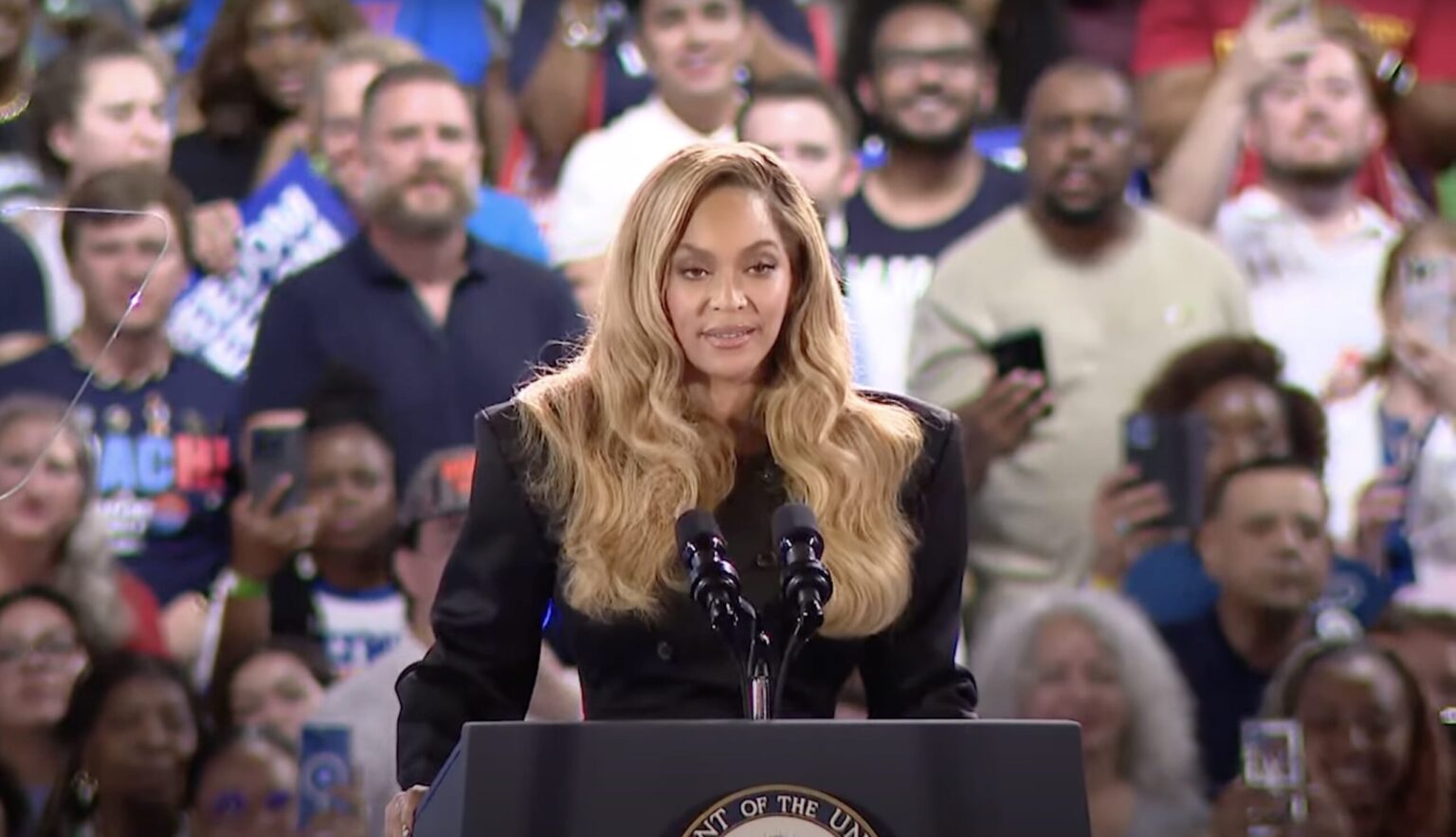Kamala Harris’s recent rally in Houston that featured a much-publicized appearance by Beyoncé has sparked considerable controversy, particularly among conservative critics and attendees who felt deceived by what they perceived as a misleading promotion. Expectations were high that Beyoncé would perform, but instead, she only delivered a brief speech before leaving, much to the disappointment of those in attendance. Former President Donald Trump seized the opportunity to criticize Harris, stating, “Beyoncé went up and spoke for a couple of minutes and then left, and the place went crazy.” He highlighted the palpable frustration among fans who anticipated a live performance and ended up feeling cheated, suggesting that Harris’s campaign tactics were desperate and deceitful in trying to attract a crowd.
The fallout from the event only intensified with reactions from Trump’s camp. Senior advisor Tim Murtaugh pointed out that major news outlets, including MSNBC, reported Beyoncé’s appearance as a live performance, which he labeled a “lie.” Jason Miller, another spokesperson for the Trump campaign, echoed this sentiment by questioning why multiple media sources portrayed the event in such a misleading manner. The sense of betrayal among the attendees further fueled outrage on social media, where many described the situation as a classic “bait-and-switch” tactic, implying that Harris had misled potential voters to boost turnout.
Conservative commentators were vocal in their critiques, labeling the event a “disaster.” This was compounded by the perceptions that Harris was unable to connect effectively with her audience, as reports indicated that her speech was barely audible. Trump War Room, a conservative Twitter account, declared that the event had devolved into chaos, highlighting a lack of professionalism in how the situation was handled. The significant amount of time attendees spent waiting for minimal content further exacerbated the dissatisfaction expressed online, with several commentators warning that such experiences would undoubtedly affect voter turnout.
This scenario mirrors a previous incident during the Democratic National Convention, where speculation was rampant about a surprise appearance by a celebrity, possibly Beyoncé. A vague tweet from White House Political Director Emmy Ruiz added fuel to the fire, leading supporters to eagerly anticipate a stellar performance. However, when those expectations went unmet, it left many feeling disillusioned, prompting a critique from CNN’s Abby Phillip about the media’s handling of the situation, particularly the misinformation propagated by tabloids like TMZ.
The backlash from this event raises broader questions about campaign strategy and the ethics of using celebrity endorsements to engage voters. Critics argue that employing such tactics can ultimately backfire, damaging credibility and alienating potential supporters. The disappointment from fans who were promised a concert-like experience only to receive a speech indicates that events must be carefully managed to meet audience expectations, particularly in an electoral context where trust is paramount.
Overall, the Houston rally serves as a cautionary tale for political campaigns. The incident illustrates the fine line between rallying support through exciting endorsements and overpromising on the experiences that such endorsements will deliver. As the political landscape continues to evolve, ensuring transparency and authenticity in communications will be crucial for candidates trying to captivate and maintain voter interest, especially among those already skeptical of traditional campaign methods.

